Howka sisters and brothers, as many of you know violence against Native women is an ongoing issue that needs to be addressed. Today the SD Union Tribune posted an article by Susan Montoya Bryan about a new law addressing this issue. Read the article below..... let's hope this law makes an impact and helps our sisters.
"
Federal law takes on crimes against Indian women
By SUSAN MONTOYA BRYAN, Associated Press Writer,
Wednesday, October 20, 2010 at 4:05 p.m.
ALBUQUERQUE, N.M. — Federal and tribal officials hope a new law aimed at improving the judicial landscape in Indian Country will also help them combat "disturbing" crime statistics involving American Indian women.
According to federal data, one in three Indian women will be raped in their lifetimes, while two-fifths will suffer from domestic violence. The chance an Indian woman will be the victim of a violent crime is three and a half times greater than the national average, recent numbers shows.
"The statistics in Indian Country regarding violence against women are disturbing to say the least. It's incumbent upon us to take appropriate action," said Wizipan Garriott, policy adviser to Assistant Interior Secretary of Indian Affairs Larry Echo Hawk.
Many point to these figures as the impetus for the Tribal Law and Order Act, a broad new federal law aimed at combating crime on reservations.
About 150 judges, tribal leaders and law enforcement officials met Tuesday and Wednesday in Albuquerque for a national symposium on implementing the law, signed by President Barack Obama in July.
The act requires federal and tribal officers serving Indian Country to be trained in interviewing sexual assault victims and collecting evidence at crime scenes. It also requires the Indian Health Service to establish a nationwide protocol for helping sexual assault victims.
While it will take time to fully implement all the provisions in the act, Garriott said improving the way federal and tribal agencies go about their daily work will make things better. For instance, he said, if data shows domestic violence calls are on the rise, agencies will look at how they can better train officers to respond.
Coordination with U.S. attorneys that cover Indian County will also help ensure crimes against women are prosecuted, he said.
Supporters of the law say it will untie officers' hands in some cases by allowing them to make warrantless arrests.
"If you see the evidence, the bruising or a facial expression - even with just a facial expression you can tell something happened - that probable cause will allow the police officer to make that arrest and stop the violence. Even if it's for a short period of time, it will help," said Francine Bradley-Arthur, who served as a Navajo Nation police officer for 20 years and often saw the effects of domestic violence.
Sarah Deer, an assistant law professor and member of the Muscogee Creek Nation, was among the dozens of people who helped develop the Tribal Law and Order Act. She said she's particularly hopeful the IHS will commit to training staff and having rape exam kits available at all of its facilities.
About 30 percent of IHS facilities don't have policies in place for dealing with sexual assault cases, according to federal figures.
Deer acknowledged that not all women will report sexual assaults or want a forensic exam, but she said they should have the option.
"It's a protocol that's been used in mainstream America for going on 30 years, and it just has been denied to Native women," she said. "We're just asking - and hoping - that we can raise the standard for Native women equal to the expectations of mainstream America."
Deer and others said the law is not a quick fix for Indian Country's crime problem, but it will provide the framework for taking incremental steps forward.
"There is a light at the end of the tunnel," Bradley-Arthur said. "
The Associated Press
Thursday, October 21, 2010
STOP VIOLENCE AGAINST INDIAN WOMEN
Posted by
Karen Vigneault Librarian
at
8:26 AM
![]()
Subscribe to:
Post Comments (Atom)


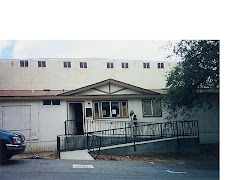

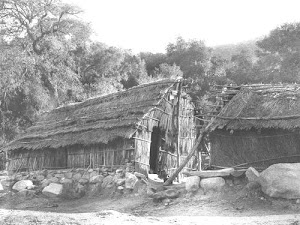


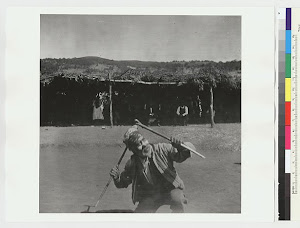

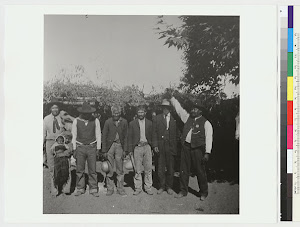


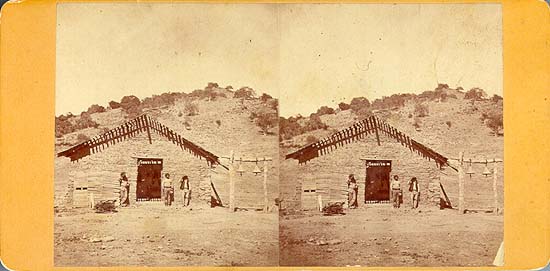
No comments:
Post a Comment